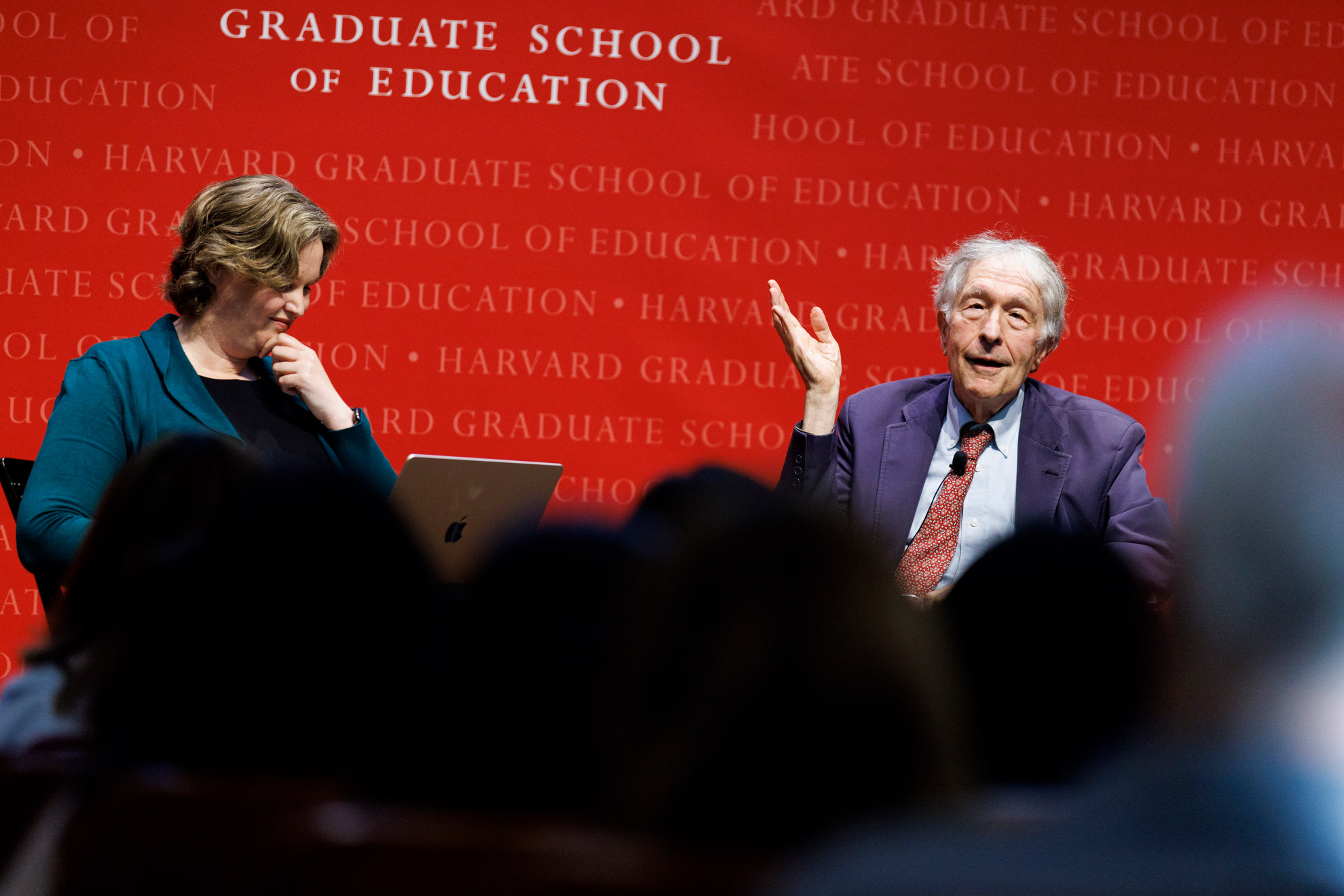At an education forum hosted by Harvard University in September 2025, experts warned that AI could fundamentally reshape schooling by 2050, from personalised curricula to redefined teacher roles. Panel discussions highlighted that algorithms will be able to identify students’ strengths and weaknesses in real time, potentially improving learning efficiency by 40–60%.
According to researchers, the transformation will not only create new opportunities for learners but also change the work of teachers, who may focus more on critical thinking, ethics, and social skills. The Harvard Gazette reported that AI-powered tutoring systems are already approaching teacher-level support in certain subjects, which could gradually redefine teacher–student dynamics. NDTV’s coverage further noted that these developments might help reduce educational inequality, provided AI technologies become widely accessible.
In sum, the road to 2050 represents not mere digitalisation but a structural transformation of the education model itself. The personalisation, scalability, and accessibility offered by AI tools could make learning more efficient, equitable, and globally available, provided that adequate regulatory and ethical frameworks are established in time.
Sources:
1.

2.

3.









